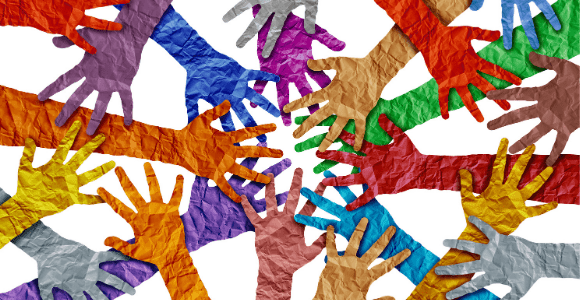Welcome readers! Please subscribe through the buttons on the right if you enjoy this post.

In Matthew’s gospel, Jesus tells his questioners,
“But go and learn what this means: ‘I desire mercy, not sacrifice.’” (Matthew 9:13)
What does sacrifice mean sociologically?
As we discussed in A Community of the Rejected, anthropologists have long recognized a pattern throughout human civilizations. When a society’s unity and cohesiveness begin to pull apart, when competition and rivalry begin to threaten the health and longevity of that society, a mysterious but very predictable phenomenon occurs. The society will choose to turn on its most vulnerable members, individuals, or a group, and blame them for the tension and trouble it is beginning to encounter.
According to French historian and anthropological philosopher René Girard, once a society finds its scapegoat, unity is quickly restored because everyone now coalesces around a common enemy. Tensions and trouble threatening social cohesiveness evaporate into thin air and previous enemies become friends as they unite together around othering a group or person.
The community then expels this group or person, either by sending them away or by executing them via the angry mob) and life for the community goes on as usual. Yet, before long, the tensions that once plagued the group through their rivalry with one another resurface, and a new sacrifice is required. The unity that comes through sacrificing a common enemy is temporary and must be continually rekindled.
This is where many anthropologists believe religion was born. Rather than finding another victim to scapegoat, elders within a society sought to recreate and relive the first sacrifice through ritual rather than by repeatedly finding a common enemy in real life. They either used another person to serve as a human sacrifice or reenacted the historical event with an animal. In either case, the community unified by celebrating their sacred, historical victory over the group or person they believed was their enemy. Remember that in reality the original victim was never truly guilty and was only perceived as guilty by the angry mob.
Thus, sacrifice in human history was born. Ritual animal leads to ritual human, which leads to an actual human. This way of sacrifice was taught and reversed in both the Hebrew and Christian sacred texts. Both are present in the sacred text, so we have to choose which principle we will organize our societies by sacrifice or mercy. The Jesus story encourages us to follow the path found in the Hebrew prophets of mercy:
“For I desire mercy, not sacrifice,
and acknowledgment of God rather than burnt offerings.” (Hosea 6:6)
From the innocence of Abel, the nomadic herdsman who was slain by his brother Cain the tiller of the soil (see Enough for Us All) all the way down to Zechariah the prophet, we find narratives in the scriptures of Christian and Jewish people that could cure humanity’s need for “sacrificing” others.
Now let’s take a look at the story of Jesus.













